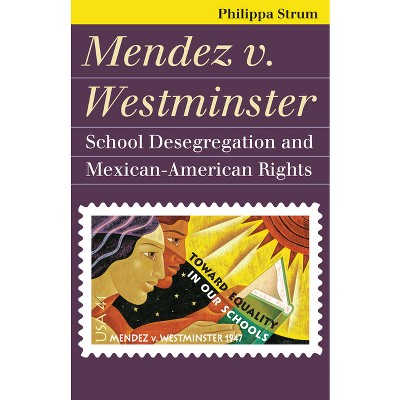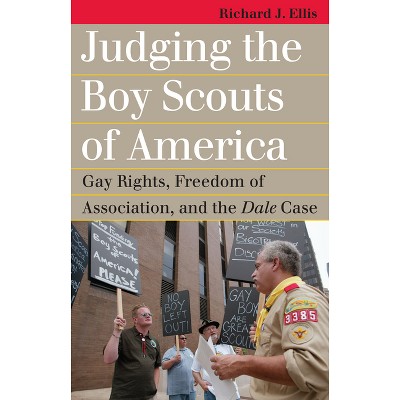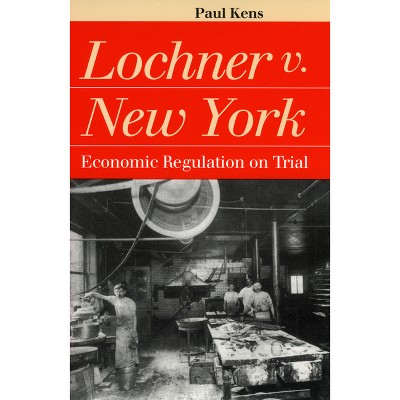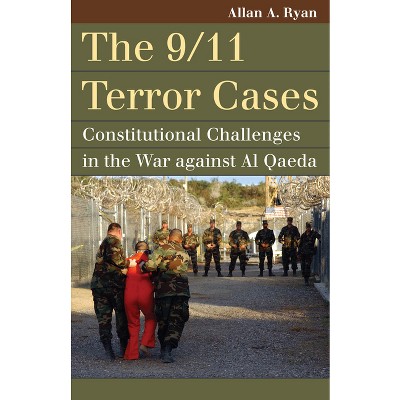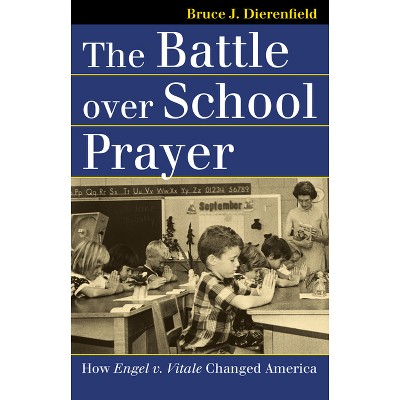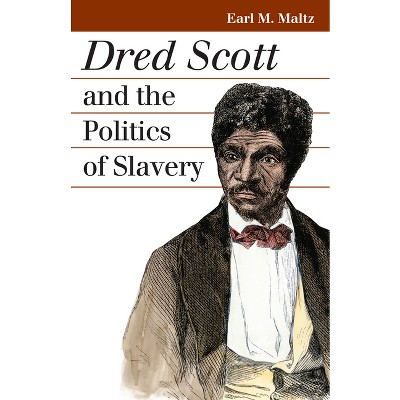Sponsored

Speaking Freely - (Landmark Law Cases & American Society) by Philippa Strum
In Stock
Sponsored
About this item
Highlights
- Anita Whitney was a child of wealth and privilege who became a vocal leftist early in the twentieth century, supporting radical labor groups such as the Wobblies and helping to organize the Communist Labor Party.
- Author(s): Philippa Strum
- 208 Pages
- Freedom + Security / Law Enforcement, Constitutional
- Series Name: Landmark Law Cases & American Society
Description
About the Book
Speaking Freely tells the story of how and why Americans today came to enjoy the most liberal speech laws in the world.Book Synopsis
Anita Whitney was a child of wealth and privilege who became a vocal leftist early in the twentieth century, supporting radical labor groups such as the Wobblies and helping to organize the Communist Labor Party. In 1919 she was arrested and charged with violating California's recently passed laws banning any speech or activity intended to change the American political and economic systems. The story of the Supreme Court case that grew out of Whitney's conviction, told in full in this book, is also the story of how Americans came to enjoy the most liberal speech laws in the world. In clear and engaging language, noted legal scholar Philippa Strum traces the fateful interactions of Whitney, a descendant of Mayflower Pilgrims; Supreme Court Justice Louis D. Brandeis, a brilliant son of immigrants; the teeming immigrant neighborhoods and left wing labor politics of the early twentieth century; and the lessons some Harvard Law School professors took from World War I-era restrictions on speech. Though the Supreme Court upheld Whitney's conviction, it included an opinion by Justice Brandeis--joined by Justice Oliver Wendell Holmes, Jr.--that led to a decisive change in the way the Court understood First Amendment free speech protections. Speaking Freely takes us into the discussions behind this dramatic change, as Holmes, Brandeis, Judge Learned Hand, and Harvard Law professors Zechariah Chafee and Felix Frankfurter debate the extent of the First Amendment and the important role of free speech in a democratic society. In Brandeis's opinion, we see this debate distilled in a statement of the value of free speech and the harm that its suppression does to a democracy, along with reflections on the importance of freedom from government control for the founders and the drafters of the First Amendment. Through Whitney v. California and its legacy, Speaking Freely shows how the American approach to speech, differing as it does that of every other country, reflects the nation's unique history. Nothing less than a primer in the history of free speech rights in the US, the book offers a sobering and timely lesson as fear once more raises the specter of repression.Review Quotes
"In Strum's masterful hands, Whitney comes to life. Strum casts new light on the backstory behind Whitney v. California as well as on Whitney herself. This combination of biography, legal analysis, and comparative perspective makes Speaking Freely an excellent addition to the award winning Landmark Law Cases and American Society series. . . . The text is the rare manuscript that will provide a day of enjoyment for those who like legal history as beach reading and profitable hours for scholars and students doing research on a vital episode in U.S. constitutionalism."--Pacific Historical Review
"Although all students of constitutional law are familiar with the case, Strum brings it to life in a way not previously seen. In addition to the constitutional law elements that make this case a landmark, the author brings in the political historical climate of the time and examines the lower court trial."--Choice
"Strum's descriptive narrative outlines the particularities not only of Whitney's life but also f the political climate surrounding freedom of speech in the late nineteenth and early twentieth centuries"--Southeastern Law Librarian
"Philippa Strum is arguably the leading Brandeis scholar of the last fifty years. Justice Brandeis's opinion in Whitney v. California is arguably the most inspiring and enduring judicial account ever of the reasons for a strong free speech principle. It seems only natural that Philippa Strum should write the definitive book on Whitney v. California. And she has done just that, uncovering much new material about Anita Whitney and those who prosecuted and defended her. This fascinating book is truly worthy of Brandeis, who relished resourceful factual investigation, instructive analysis, and lucid writing."--Vincent Blasi, Corliss Lamont Professor of Civil Liberties at Columbia Law School
"Philippa Strum tells a fascinating story about a familiar and famous case, providing the social and political background missing from most accounts, while, at the same time, making the constitutional arguments alive and relevant. A terrific read."--H. N. Hirsch, Professor of Politics and Comparative American Studies at Oberlin College
Shipping details
Return details
Trending Non-Fiction






